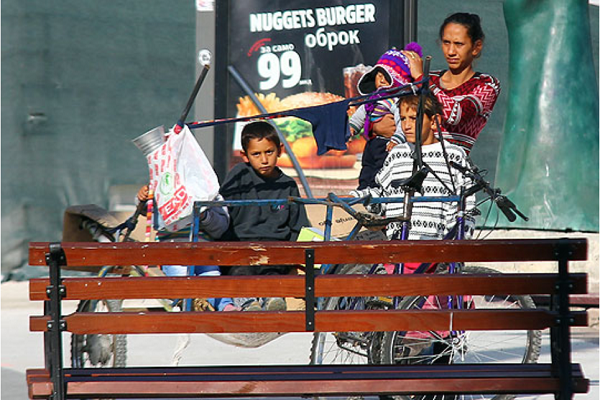If the young Roma get a chance and support, they could be the base of the economic recovery and development. If the discrimination of the Roma is decreased in Macedonia, the state can increase the incomes of the Budget from 42 to 116.2 million euros per year. However their success depends on the surpassing of the anti-gypsysm which is now a barrier, which they themselves cannot overcome, said Neda Korunovska, the director in the Department, Office for Roma initiatives within the network of the Open Society Foundation. The public policies in the region, treat the Roma only as a social problem which needs to be solved, or which are mostly ignored. There is a lack of vision and leadership in order to see the potential of the Roma, and them to be recognized as an important resource for the region. This, somewhat explains the economic stagnation and weakness of the democratic core. The search to exit the crisis in which we are now due to the pandemic is an opportunity, an opportunity to change things. Over 10 years or so, the World Bank showed to Bulgaria that the discrimination of the Roma is causing budget losses of at least 370 million euros per year. Having in mind that this is the poorest country in the European Union, this, mildly said is a luxury. On the other hand, if there’s a decrease of the discrimination of the Roma in Macedonia, the state could increase the incomes of the Budget from 42 to 116.2 million euros per year. Allegedly, the total budget benefits from the productivity are between 27.9 and 101.7 million euros, while as the tax incomes are in the rank between 4.0 and 14.5 million euros (depending on whether data from the 2002 Census of the Roma population are used, or the 2012 estimates from the Council of Europe).
The racism towards the Roma is a luxury we must not afford







